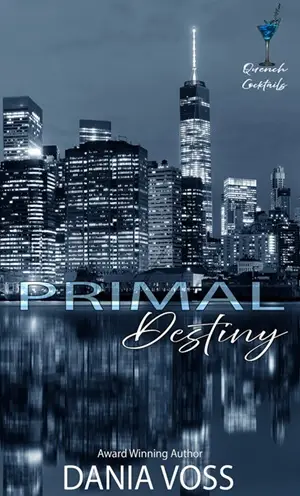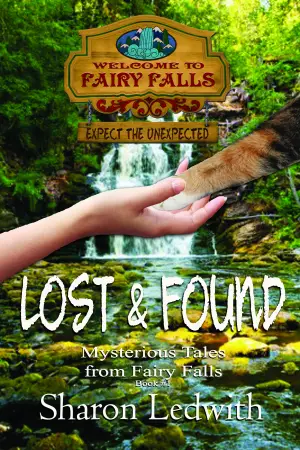Review of "The Pacific War: 1945"
As a long-time enthusiast of historical fiction, particularly set during World War II, I was immediately intrigued by the premise of "The Pacific War: 1945." The backdrop of the final days of the Pacific War, combined with the maverick character of Ichiro Tanaka searching for hidden gold in the tumultuous jungles of Luzon, promised an exciting narrative. I was eager to delve into a story that not only focuses on the vast military strategies involved but also incorporates the human elements of desperation, greed, and survival amidst chaos.
The book does an admirable job of weaving historical events with its characters’ personal journeys. Ichiro’s attempts to escape back to Japan while being lured by tales of treasure make for an engaging plot twist. I found myself captivated by the depiction of a world on the brink of collapse, where Japanese General Yamashita is resolutely preparing defenses in the jungles, emphasizing the resourcefulness and determination of soldiers on both sides.
One of the positives I experienced was the vivid description of the air battles over Japan. The detail involved in the American firebombing techniques and the struggles of Japanese pilots, like Commander Minoru Genda, created intense scenes that were both harrowing and awe-inspiring. This attention to detail gave me a deeper appreciation of the real-life dangers and challenges faced by those during that time, fulfilling the book’s promise of offering a multifaceted view of the war.
However, while I enjoyed the intense descriptions, the pacing of the narrative sometimes felt uneven. Certain sections dragged on, particularly those delving into the military strategies, which could deter readers more focused on character development. I agree with some previous remarks that while military history lovers would certainly appreciate this depth, it may leave general readers wanting more personal connection.
Another drawback was the more complex characters sometimes felt underdeveloped. Ichiro Tanaka, despite being an interesting anti-hero, didn’t fully resonate with me until the latter sections of the book. I found myself wishing for a deeper exploration of his motivations and struggles earlier on, which could have enriched not only his character but also the story as a whole.
Overall, "The Pacific War: 1945" does deliver on its promise of depicting an intense, turbulent period marked by heroism and desperation. The narrative successfully captures the chaos of the Pacific region as America closes in on Japan, with a solid historical framework that contextualizes the characters’ experiences. The dynamics of battlefield strategies and personal stakes reflect the interconnectedness of global events and individual choices.
In conclusion, while the book has its shortcomings regarding pacing and character depth, it still manages to offer a compelling narrative rich with historical detail. For those who share my enthusiasm for military history peppered with human drama, I highly recommend giving "The Pacific War: 1945" a read. It’s a thought-provoking journey back to a pivotal moment in history, sure to leave you contemplating the complexities of war long after the final page. I would rate it a solid four stars for its engaging premise and historical authenticity, despite some pacing and character development issues.








